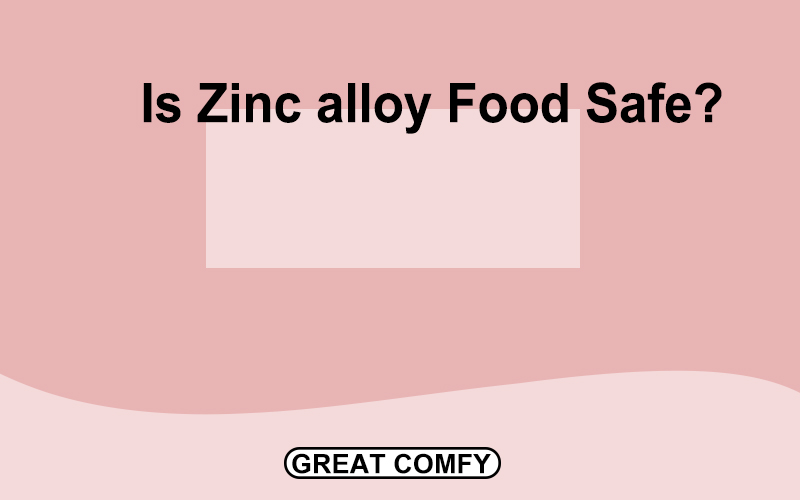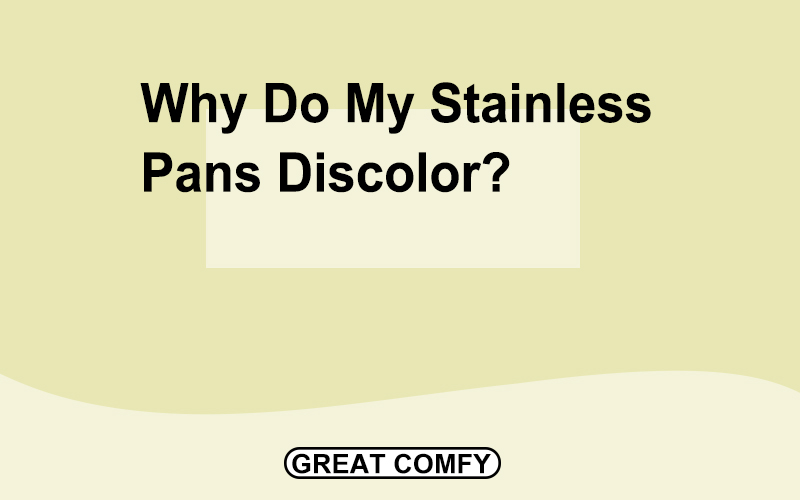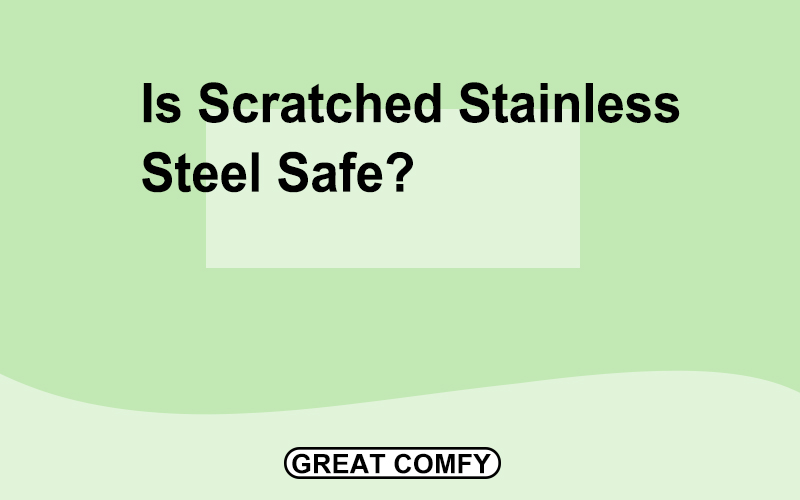Have you ever wondered about the materials used in your cookware or utensils? Sure, we all want our kitchen tools to be durable and functional, but what about their safety? Today, we’re diving into the world of zinc alloy and its potential impact on our health when it comes into contact with our food. So grab a snack (preferably one that wasn’t cooked in a zinc alloy pot) and let’s explore together whether or not this popular material is truly food safe.
Is Zinc alloy Food Safe?
Of course, I’d be happy to! Let’s dive into the topic of whether or not zinc alloy is food safe, shall we?
So, have you ever wondered if your shiny new kitchen utensils made from zinc alloy are safe to use with food? It’s a valid concern, and the answer is not as straightforward as we might hope.
First things first, let’s clarify what we mean by zinc alloy. This is a material made by combining zinc with other metals, such as copper, aluminium, or nickel. The exact composition of the alloy will determine whether or not it’s safe to use with food.
Now, some zinc alloys are considered food safe and are commonly used to make cookware and other kitchen items. These alloys are made from high-quality zinc and a small amount of safe metals, such as copper or titanium. These alloys are designed to be corrosion-resistant and won’t leach into your food, so you can use them without worry.
On the other hand, there are some lower-quality zinc alloys out there that may contain harmful metals, such as lead or cadmium. These metals can leach into your food and cause serious health problems. It’s important to check the composition of any zinc alloy products you’re considering buying and to make sure you’re purchasing from a reputable source.
But here’s the thing ¨C even if you’ve got a high-quality zinc alloy product, it’s always a good idea to practice safe food handling and storage. This means washing your cookware and utensils before using them, using appropriate storage containers for your food, and avoiding using any items that are scratched or damaged.
How to choose safe zinc alloy products
If you’re interested in using zinc alloy products but want to ensure their safety, there are some things to keep in mind when choosing what to buy. Here are some tips for selecting safe zinc alloy products:
- Check the composition: It might not be the most exciting part of shopping, but take a quick glance at the label or product description to see what metals are used in the alloy. If it contains lead or cadmium, it’s best to steer clear.
- Buy from trusted sources: Just like with anything you purchase, it’s always a good idea to buy from a reputable source. This can help ensure that the product has been properly tested and is made from safe materials.
- Look for certifications: If you’re really serious about safety, keep an eye out for products that have been certified by organizations like the FDA or NSF International. This can give you peace of mind that the product has met certain safety standards.
- Choose high-quality products: Sometimes it’s worth spending a little extra for higher-quality products. They’re less likely to contain harmful metals and will be designed to last longer and resist damage.
- Read reviews: If you’re still not sure, take a look at reviews from other customers. They can give you a sense of the quality and safety of the product, as well as any potential issues you should be aware of.
Alternatives to Zinc alloy
While zinc alloy can be a great material for certain applications, it’s understandable that some people may prefer to avoid it altogether. If that’s the case for you, don’t worry ¨C there are plenty of alternatives out there to choose from.
One popular alternative to zinc alloy is stainless steel. It’s a durable and long-lasting material that’s resistant to rust and corrosion. Plus, it’s easy to clean and doesn’t react with acidic or alkaline foods, making it a great choice for kitchen utensils and cookware.
Another option is silicone. This flexible and heat-resistant material has become increasingly popular in recent years, and for good reason. It’s non-toxic, non-stick, and won’t scratch your pots and pans. Plus, it comes in a variety of colors and designs, so you can find something that matches your personal style.
If you’re looking for something a little more eco-friendly, you might consider bamboo. It’s a renewable resource that’s naturally antimicrobial, making it a great choice for cutting boards and utensils. Plus, it has a unique and attractive appearance that can add some visual interest to your kitchen.
Finally, there’s always good old-fashioned cast iron. While it’s a bit heavier and requires a bit more maintenance than some other materials, it’s incredibly durable and can last for generations. Plus, it’s great for cooking and retains heat well, making it a favorite among chefs and home cooks alike.
Whatever material you choose, just make sure to do your research and choose a product that’s safe and high-quality. With so many options out there, you’re sure to find something that works for you!
Conclusion
In conclusion, while there may be some concerns about the safety of zinc alloy when it comes to food contact, there are also plenty of ways to navigate this issue. By choosing high-quality products from reputable sources, checking for certifications and product compositions, and considering alternative materials, you can feel confident in your choice of kitchen utensils and cookware. At the end of the day, the most important thing is to prioritize your health and safety in the kitchen, while also finding products that suit your style and needs. With these tips in mind, you’re well on your way to building a beautiful and functional kitchen that you can enjoy for years to come.




